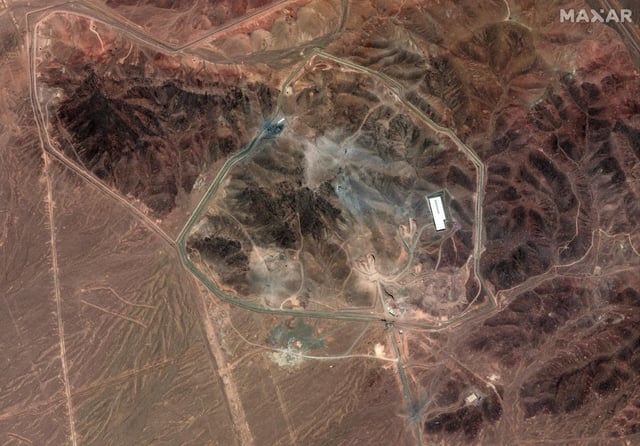Overview
- President Trump ordered airstrikes on three Iranian nuclear facilities on June 21 without congressional approval, triggering a constitutional showdown over executive war powers.
- Senate Democrats led by Tim Kaine and House Democrats including Gregory Meeks, Jim Himes and Adam Smith have introduced separate resolutions to require congressional authorization for future military actions against Iran.
- Speaker Mike Johnson has declared the War Powers Act unconstitutional under Article II and blocked attempts to force a House floor vote on restrictions to presidential military authority.
- Republican control of both the House and Senate, coupled with the prospect of a presidential veto, makes it unlikely that any war powers resolution will advance.
- The War Powers Act’s requirement to notify Congress within 48 hours of deploying forces and to seek approval for hostilities beyond 60 days remains at the heart of the legislative dispute.



